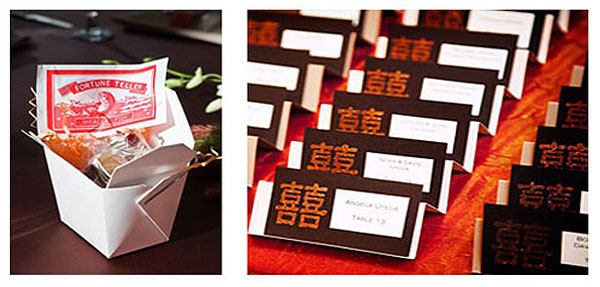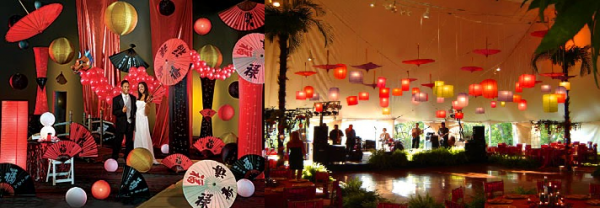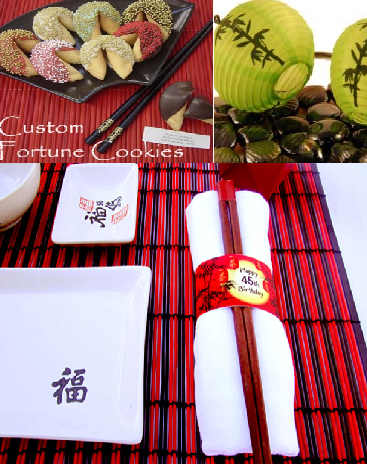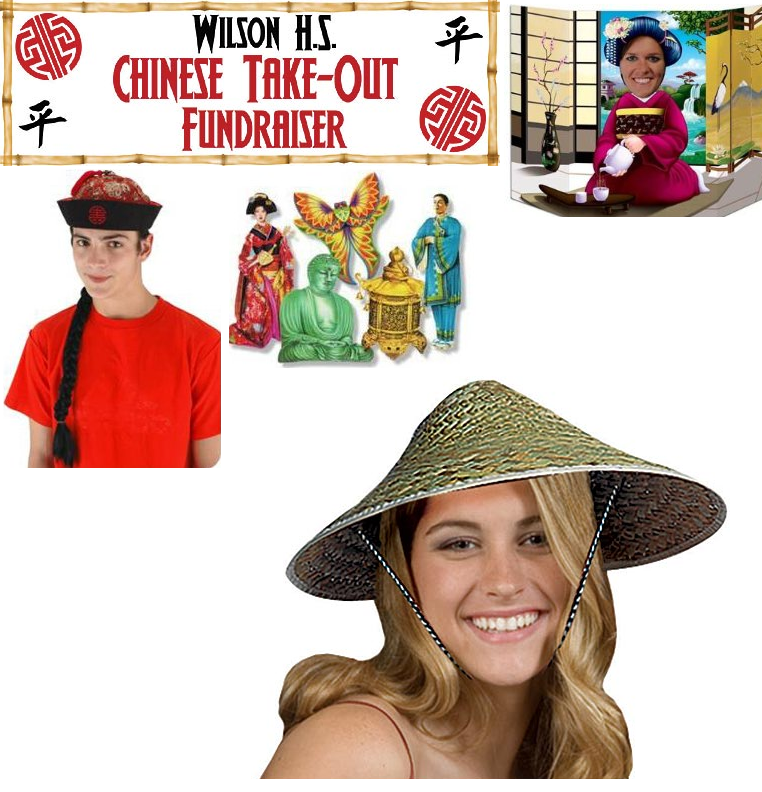
Part of my day job is to put on public events so I’m constantly looking for new party ideas. One popular party idea (at least according to the Internet) is an “Asian” themed party. The first time I heard about such a theme party, I cringed.
Asian party, really? Is that the best party idea you could come up with? But I decided to push my doubts to the side and research the question, “Are Asian themed parties racist?” with an open mind.
 First, what is an Asian themed party? A theme party “is a gathering of persons who have been invited by a host for the purposes of socializing, conversation, and recreation based on a certain theme.” It could be a simple get together, a birthday, a wedding, a baby shower, anything really. In this case, the theme is Asian culture and/or cuisine.
First, what is an Asian themed party? A theme party “is a gathering of persons who have been invited by a host for the purposes of socializing, conversation, and recreation based on a certain theme.” It could be a simple get together, a birthday, a wedding, a baby shower, anything really. In this case, the theme is Asian culture and/or cuisine.
Why an Asian themed party? Lots of websites had reasons. Here were some of my favorite:
- The mysteries of the Orient have fascinated us for centuries. Her symbols and designs have significance that touches people from all corners of the earth.
- An Asian inspired theme party is a great way to implement the feel of the orient into being the main focus of the evening. Asia is a Continent that is home to 47 countries and covers a broad range of cultures and nationalities, but the country’s most recognized with the Asian theme are Singapore, Malaysia, Korea, China, and Japan.
- An Asian theme party is utilized when one wants to embark on sharing food and festivities similar to that of the Asian culture. Focusing on serving Asian inspired appetizers in a buffet style setting will have guests satisfied and feeling as if they are visiting the orient. Creating an oriental or Asian feel to the party by highlighting the party area with quotes from famous Asian philosophers, such as Chuang Tzu in either traditional Chinese or English handwriting, will add great significance and conversation to the party table.
Want to see what an Asian themed party looks like? Check out some examples:

From my Googling (can Google be used as an adjective?), it seems that most Asian themed parties have to have fortune cookies, paper lanterns, and chopsticks before it could be considered a “real” Asian party.

But what I found most cringe worthy were some of the other Asian themed party supplies on the net. These are ome of the most offensive:

And here are some of the “suggested” activities. These made me frown:.
- Have volunteers greet guests at the door with a Samurai sword trellis to walk under for a feeling of Asian inspired authority and protection.
- The host should greet guests at the door wearing Asian inspired clothing. A kimono works nicely. Oriental music can play in the background setting the tone for the Asian atmosphere. Tables should be draped in red and gold tablecloths. Bonsai trees and smooth river rocks can highlight the tables for decorative accents.
- According to this video, a rickshaw (rather than a limo) is a great way to make an entrance at an Asian themed wedding.
I’m being a little unfair. I don’t believe that EVERY Asian themed party is so bad. Most probably have some Asian food and decorations that are tacky more than anything. However, what is interesting to me is that much of the Asian themed party is based on old stereotypes of Asians.
This got me thinking. Are other cultural/country specific themed parties also based on outdated stereotypes? The answer is YES! Here are a few:
Other cultural/themed parties:
- African themed party. My favorite part: “Play tribal music, or music with a heavy drum beat.”
- French themed party. My favorite part: “As the host, try dressing like a caricature of a French man or woman. Men, find a black and white horizontal striped shirt, a beret, a red scarf, and tight black pants. Women, you can choose to dress like the men, or try a big puffy dress and loads of face paint like Marie Antoinette, or even a French maid outfit if you’re feeling frisky.”
- Mexican themed party. My favorite part: “Every great party needs to start off with a great invitation. Since most people know a little Spanish, add some Mexican flair to your invitation by calling the party a Fiesta, and referring to your guests as senoras, senoritas, senors, or amigos. Make sure your invitation has bright colors on it, as Mexico is a bright country, and add some pictures of Mexican hats, people, or foods to spice it up. Whether you send paper invitations or e-mail them, with the perfect invitation, you’re guests are sure to reply “Si, si, si!.”
In the end, do I think Asian themed parties are racist? No. Not racist but can be offensive. However, it seems that many of the themed parties are inherently offensive. Here are some of the worst themed parties that immediately come to mind: hick, ghetto, and pimp ‘n ho parties. The big difference between an Asian themed party and one of these is that no one would throw a hick themed wedding or a pimp ‘n ho themed baby shower… although both would be very interesting.
Do I think that people can have an Asian themed party and not be offensive? Yes. But I do think it is important that the host takes the time to learn about the culture and uses it as opportunity to not just entertain their guests but to teach them as well. And most importantly, that they don’t rely on outdated stereotypes. Theme parties could be a great opportunity to learn about a new culture.
One question that’s been nagging me this whole time: do Asian people throw Asian themed parties?







